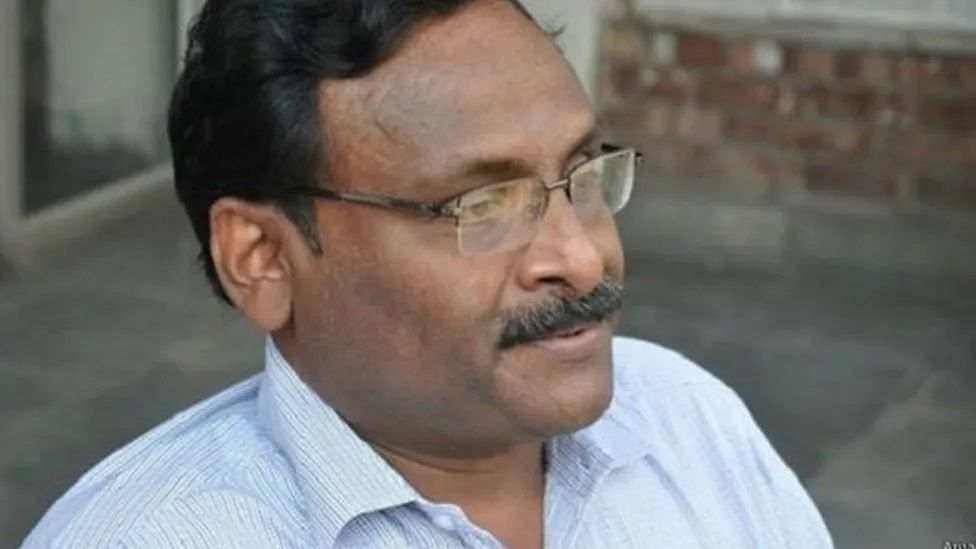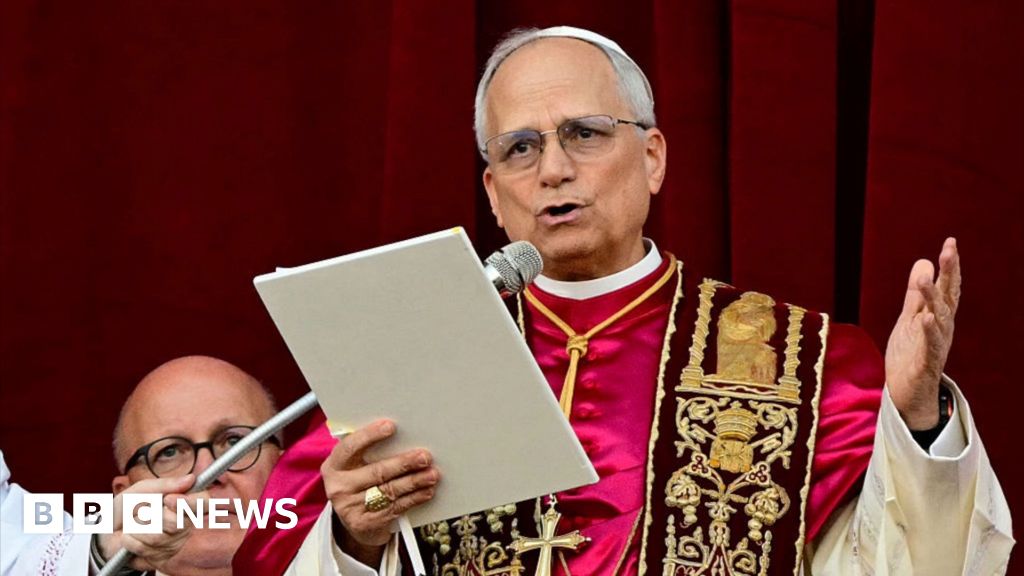ARTICLE AD BOX

Professor GN Saibaba is a paraplegic who uses a wheelchair
A court in India has acquitted a disabled academic and four others serving life sentences for allegedly having links to Maoist rebels.
GN Saibaba, who is paralysed from the waist down, was convicted in 2017 for waging an insurgency against the state.
He has denied all the allegations against him.
A court in Maharashtra state acquitted him in 2022, but India's top court had suspended the order and asked for a re-hearing.
On Tuesday, the Nagpur bench of the Bombay High Court acquitted Mr Saibaba and others and set aside their life sentences.
A former professor at Delhi University, Mr Saibaba was first arrested in 2014 after he was accused of being a member of the outlawed Communist Party of India (Maoist).
Maoist rebels say they are fighting for communist rule and rights for tribal people and rural poor.
Mr Saibaba had travelled to tribal areas and prominently campaigned against the activities of the Indian military and a pro-government, anti-Maoist militia.
But he denied any involvement with the Communist Party of India (Maoist).
A local court, however, said in 2017 that he was guilty of "criminal conspiracy and waging war against the nation".
In his verdict, the judge said that "though he is physically handicapped, he is mentally fit", and that "the imprisonment for life is not a sufficient punishment to the accused".
In 2022, the Bombay High Court cleared him of all charges but the verdict was challenged by the Maharashtra government in the Supreme Court, which then suspended the order.
The court said that the accused had been convicted of a "very serious" crime "against the sovereignty and integrity of the country", and that the high court had not dealt with the facts of the case.
Activists and human rights group have criticised the wheelchair-bound activist's persistent arrest, calling it unjust.
United Nations Special Rapporteur Mary Lawlor had called it an "inhumane and senseless act" that bore "all the hallmarks of a state seeking to silence a critical voice".

 1 year ago
71
1 year ago
71








 English (US) ·
English (US) ·